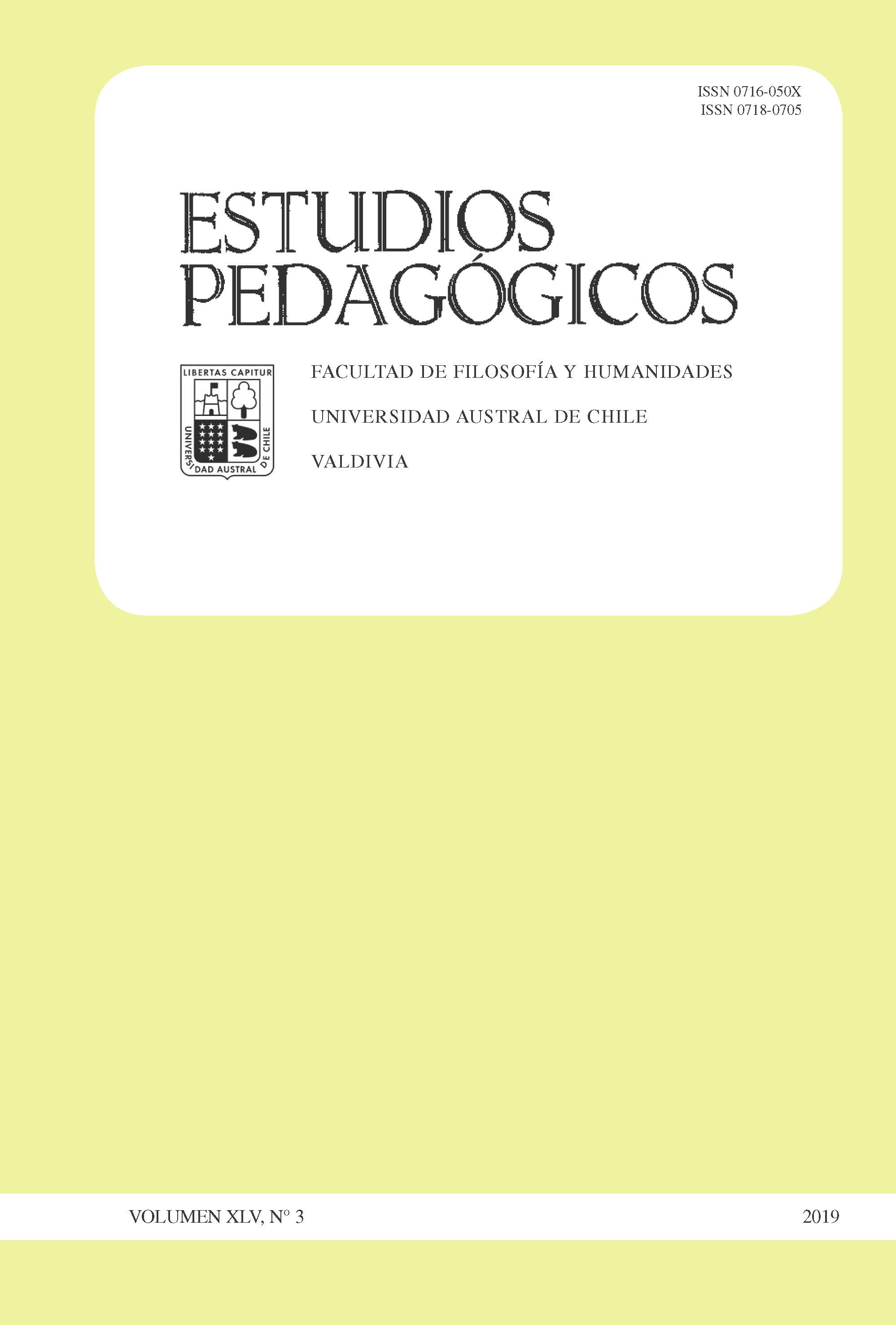Perceptions of the educational community about migrant students in Chile: treatment, differences and school inclusion
Main Article Content
Abstract
The possibility of promoting active forms of inclusion in educational centers with the presence of foreign students is often determined by the perceptions that exist around the migrant subject. In this framework, the objective of this article is to analyze the perceptions that educational communities of the regions with the greatest presence of migrant population have in relation to treatment, differences and the way in which inclusion of foreign students is addressed. Through the application of semi-structured interviews to different actors, it was established that good treatment and inclusion in the school context depend on the assimilation levels of migrant students, who are also racialized and sexualized, especially Afro-Colombian girls. Additionally, there is a nationalist discourse that tends to stigmatize migrant children. Therefore, public policies for school inclusion are needed.

